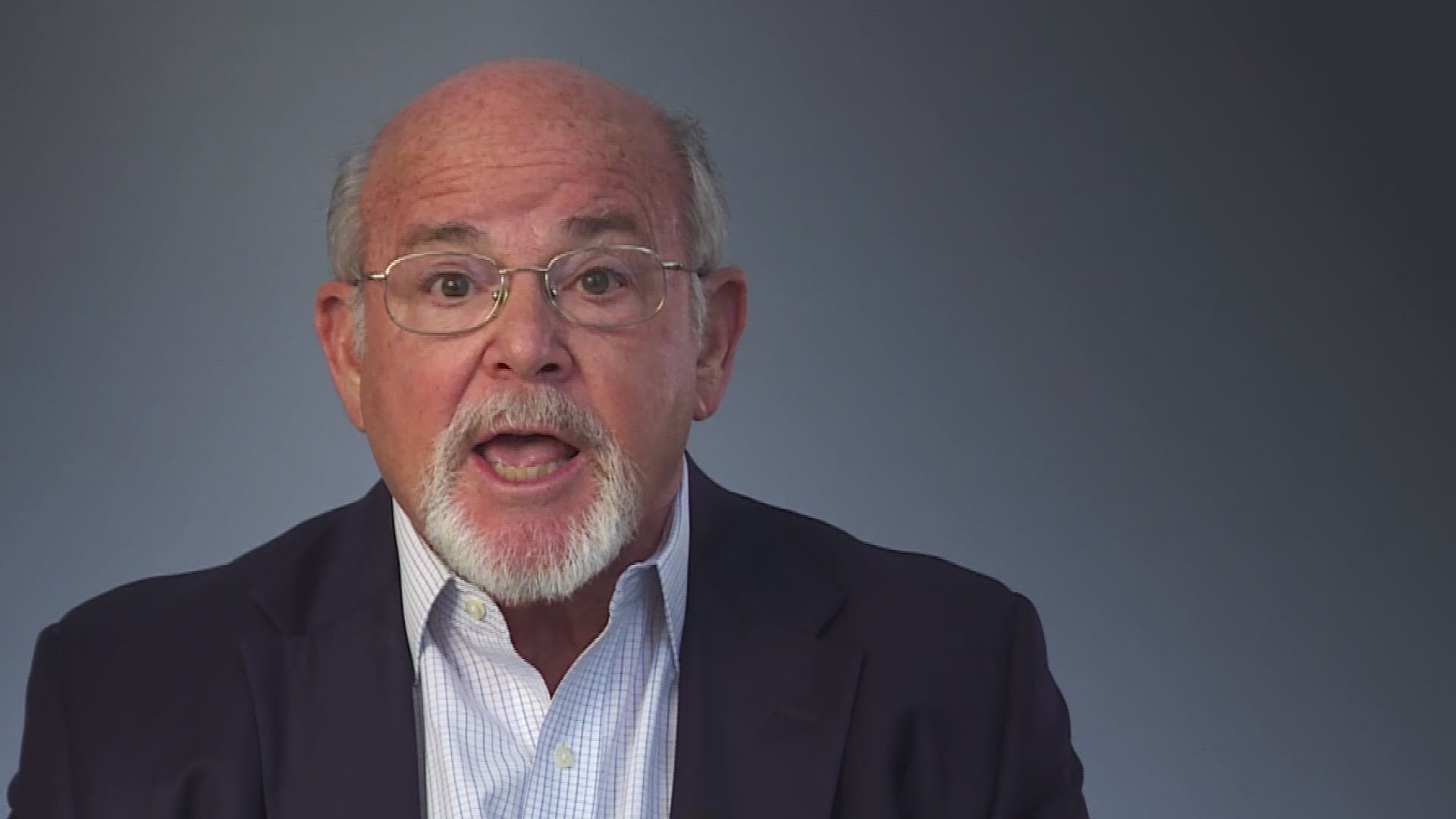PORTLAND, Ore. — Whether you’re a fan of tolling our freeways or not, a pilot project is moving forward and the time to shape that proposal is now. The Oregon Transportation Commission is framing a proposal to take to the Federal Highway Administration by the end of this year.
Like so many complex transportation project decisions, “the devil is in the details" so if you want your details included in the plan -- including where, when and how to use tolls – now would be the time to participate.
Some arguments are already on the table – including testimony heard at a recent public forum.
Charging tolls on parts of I-5 and I-205 could ease congestion by re-directing some travel demand, changing some driving behavior and by generating some extra money to fix bottlenecks on our roads and bridges.
By expanding the efficiency of our existing road system, “congestion-pricing” or “value-pricing” could be our region’s innovative silver bullet – as long as it includes “mitigation measures” that protect against “diversion” of traffic onto neighborhood streets, buffer low-income drivers against unfair pricing burdens, and direct a lion’s share of the toll revenues to fund alternative transportation services, so that we avoid a future version of our current gridlock.
At the public meeting, even though some people thought tolling would not solve congestion problems, there was a perhaps-surprising near-consensus that it was worth taking the next steps towards a pilot project tolling I-5 [between Going Street/Alberta and Multnomah Blvd.] and I-205 [near the Abernathy Bridge] and see what the future holds. I suspect that this was a recognition that the “Price of Congestion” currently baked into our region’s daily gridlock is already exacting a serious toll on the economy and quality of life.
It is obvious now that some “pilot proposal” will be recommended. Which path to the future moves you? More freeway expansion and modernization projects or smarter congestion pricing that reduces road demands and creates more alternative travel options? What priorities should get funded with tolls?
The time to shape that initial proposal is now. Yes, there will be more chances for public comment as the pilot moves through more milestones. Next, the Transportation Commission takes the public comments and shapes an Oregon Pilot Proposal, reports it to the Oregon Legislature, and presents it by the end of year as a request to the Federal Highway Administration for a “waiver” of current national policy. Current policy says the state cannot toll an existing road, only a new one. Oregon will need to ask the federal government for special permission, which is not a foregone conclusion.
Is it worth your time, now? In many ways, this tolling question is as historic as the decision 40 years ago when Oregon convinced the federal government to change its policies on unwanted urban freeways. That policy change let the Portland region cash in the proposed Mt. Hood Freeway and keep the money in our region, funding transit and road projects that promote mobility and commerce, and saving neighborhoods that we treasure today. The people who framed that debate early won the biggest victories.
If paying tolls to shape a better future for the next 40 years is something you care about, buckle up and get involved. The bold decisions -- say, where the rubber meets the road -- are happening now.
Len Bergstein is a KGW contributor. He is a Portland-based public affairs consultant with extensive experience in local, state and regional policy issues.

